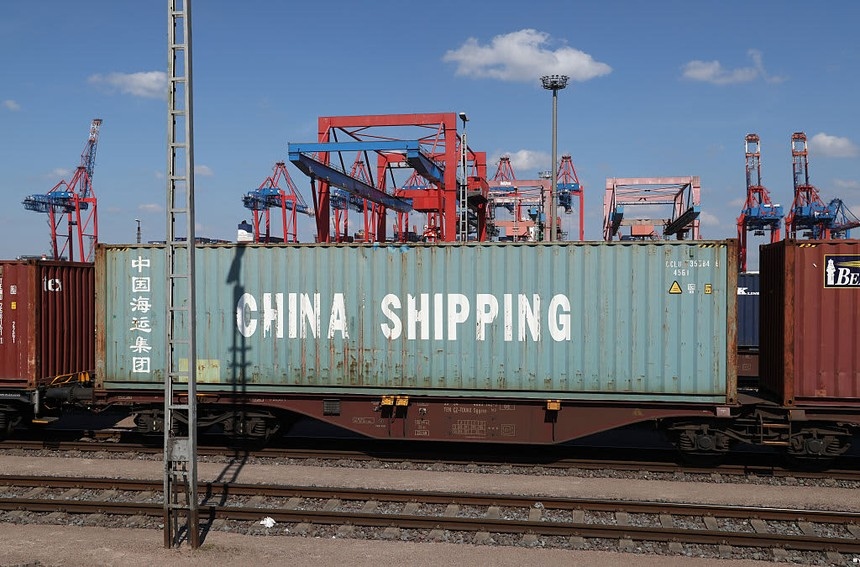Shipping risks around the Arabian Peninsula are rising
Posted on: 24/06/2025

“The Houthi threat to shipping in the Red Sea and the Gulf of Aden has also increased… Currently, the Houthis threaten merchant ships with links to Israel or the US, but attacks on other merchant ships with links cannot be ruled out,” said Jakob Larsen, security director at the Baltic and International Maritime Council (Bimco), which represents global shipping lines.
"We are currently transiting the Strait of Hormuz. However, the alert level is high and things can change hourly," a Hapag Lloyd spokesman said.
Shipping company Maersk has announced that it will temporarily suspend calls to Israel’s largest container port, Haifa. The $4.2 billion cargo facility in Haifa, owned by Adani Group, was targeted by Iranian missiles but suffered no damage.
Iran could attempt to cause broader disruption to commercial shipping in the Strait of Hormuz through attacks on merchant vessels, Jakob Larsen warned, adding that anti-ship missiles or air and surface drones could be used in such attacks.
The Strait of Hormuz, which connects the Persian Gulf to the Arabian Sea, is recognized as one of the world's most important oil chokepoints. Even a temporary inability to pass through the Strait of Hormuz could raise global energy prices, increase shipping costs, and cause significant supply delays.
“Given the threat from Iran to US military bases in the region, the ability to have warships to protect commercial shipping may be limited, especially for commercial vessels not affiliated with the US or Israel,” said Jakob Larsen.
The Strait of Hormuz handles less than 4% of global container trade, but the ports of Jebel Ali and Khor Fakkan are important intermediate points for global shipping networks in the region. Much of the volume from these ports is routed to Dubai, which has become a shipping hub with transshipment services to the Persian Gulf, South Asia and East Africa.
Even before the US airstrikes on Iran on June 21, the escalation of the conflict between Israel and Iran had sent shipping rates soaring from Shanghai to Jebel Ali, the Arabian Gulf's largest port.
Average spot rates were up 55% as of June 20 compared to the previous month, according to transport intelligence firm Xeneta.
On the tanker side, spot rates for very large crude carriers (VLCCs) sailings between the Middle East and China rose 154% week-on-week. Rates on the long-range tanker (LR2) trade between the Middle East and Japan rose 148% and rates for very large gas carriers (VLGCs) rose 33%.
Reasons behind the price increase include additional costs for security measures, higher ship fuel prices and fuel costs as ships use more fuel due to faster movement through high-risk areas.
Marsh McLennan, the world's largest marine insurance broker, noted that hull and machinery insurance rates for ships passing through the Strait of Hormuz have increased by more than 60%.
In the wake of the latest wave of defence measures, Bimco is encouraging shipping lines to review, assess security risks and carefully consider mitigation measures.
“Bimco would never directly recommend that shipowners avoid a conflict zone entirely. Carriers should make such a decision, taking into account all factors relevant to the security risk assessment, including the threat, the vulnerability of the vessel and the risk tolerance of the seafarer, carrier and cargo owner.”